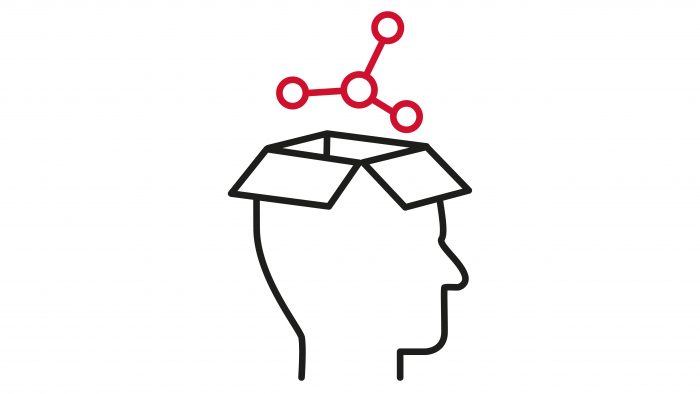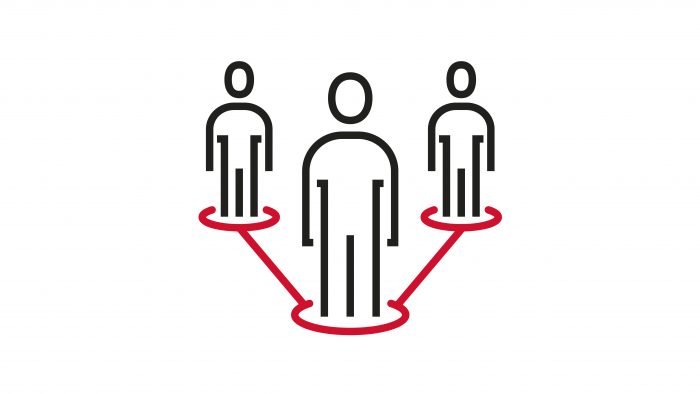The Master of Design program is tailored to candidates with prior design training or professional experience who want to probe deeper into theoretical and practical design issues.
Program focus
The focus of the program is to advance knowledge in the field of design through the study of advanced design principles and interdisciplinary design practices. This is achieved through a program of study that will enable graduates to positively integrate design principles, methodologies, and interdisciplinary design development processes into private and public sector business practice.
Design-based advantage
Graduates will have the skills to conduct interdisciplinary design research. The MDes program aims to teach designers to more effectively integrate design value into the business environment: it does not aim to teach business people the process of design. Graduates are prepared to play a strategic role in championing design in a variety of enterprises, including academic institutions.
Pedagogical approach
The program offers project-based interdisciplinary studio activities, lecture-based methodology and theory classes with individual and/or team papers, seminar classes, and international conference and workshop participation.
Encompasses the study of methods for investigation, exploration and data collection such as undertaking and differentiating between qualitative and quantitative data collection for design problems; examining discursive methods of critical analysis and practice; and employing emerging theories and practices in supervised research projects.
Comprises the study and practice of methods that are used to foster collaboration across disciplines which may include: working on and contributing to projects in interdisciplinary teams; working on design projects with external public and private sector partners with a solid record of interdisciplinary development experience; learning in “interdisciplinary-team-taught” courses, and interdisciplinary thesis supervision.
Includes the study of methods for planning, implementation and application which may include: incorporating strategic user observation analysis into design projects; identifying systems-related patterns for effectively planning design projects; merging relevant strategic design research and business practices; and integrating user-oriented innovations in prototyping new services and products.
Involves expanding knowledge within critical design areas (e.g. advanced materials and manufacturing processes, advanced visualization, design and culture, design management, extreme environments, human-oriented design, product interaction design, sustainable design, and strategic design research); writing and presenting papers; delivering workshops at conferences and seminars, funding permitted; and creating archival reference documents for industry such as case studies and technical reports.
Taking the Master of Design program while I was a Professor of Interior Design at Algonquin College helped to strengthen my broader view of the design industry as a whole.
Tamara Phillips, MDes/12
How to apply
MDes application information at a glance.
01. Academic transcripts
Applicants must hold a Bachelor’s Degree in a design discipline, or the equivalent, with at least a B+ standing.
02. Portfolio (with writing sample)
A collection of the best examples of creative intellectual activity and recent professional work. Please submit portfolio via Slideroom.
03. Resume
A detailed overview of all academic and professional achievements.
04. Reference letters
Academic and/or professional testimonials from individuals studied and/or worked with.
05. Statement of intent
A brief overview of the area of intended research and how it aligns with the program.
06. Supplementary forms
Additional forms will be outlined by the Graduate Admissions Department at time of application.

